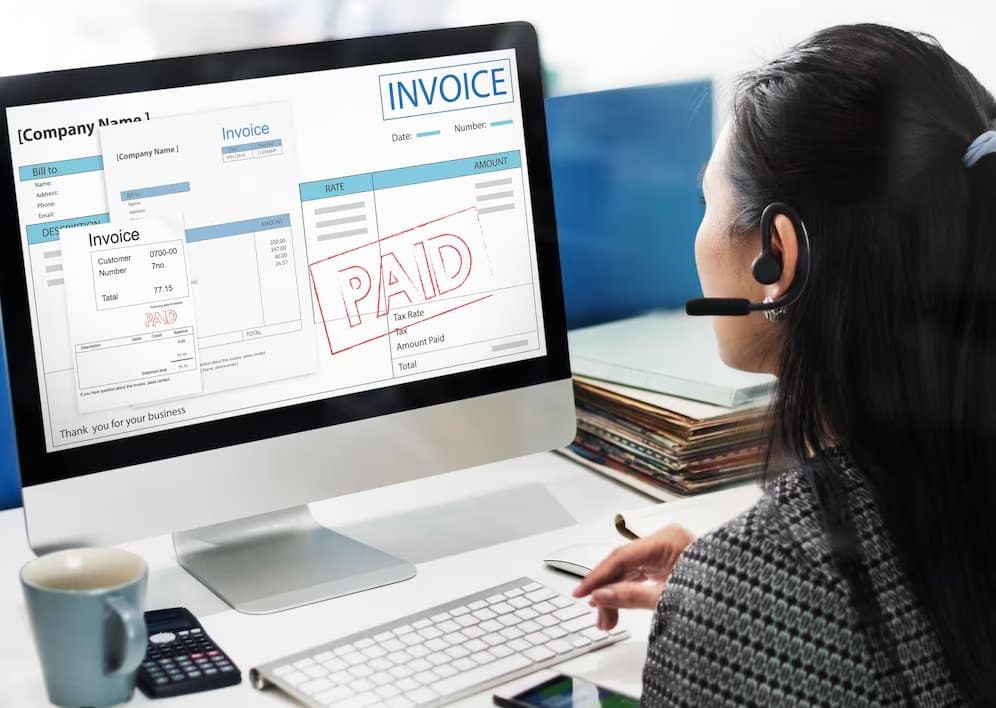
How to Manage Cash Flow Effectively as an Entrepreneur
Cash flow management is critical for business sustainability. Poor cash flow is one of the leading reasons businesses fail. This can hurt even profitable businesses. They may struggle to cover expenses, pay staff, and invest in growth.
Tracking and improving cash flow helps entrepreneurs achieve lasting financial success. This guide looks at why cash flow management matters. It also offers practical tips for entrepreneurs to keep their finances stable.
Importance of Cash Flow Management

Effective cash flow management ensures a business has enough liquidity to cover expenses, invest in growth, and avoid financial crises. By tracking inflows and outflows, companies can maintain stability and make informed financial decisions.
Ensures Business Operations Run Smoothly
Good cash flow management helps businesses cover daily expenses. This includes payroll, rent, and utilities. A business that handles cash flow effectively can run smoothly and grow steadily. A positive cash flow helps businesses grow and stay competitive in the UK market.
Prevents Cash Shortages and Payment Delays
Running out of cash can be detrimental to any business. Entrepreneurs who manage cash flow well can avoid delays in paying suppliers, employees, and loans. Keeping a positive cash balance helps businesses avoid late fees. It also strengthens supplier relationships and keeps operations running smoothly. Cash shortages can hurt a business’s credit rating. This makes it tough to get financing later.
Helps in Making Informed Financial Decisions
Entrepreneurs who keep an eye on cash flow can make smarter financial choices. This helps them know when to invest in new equipment, hire staff, or grow their business. Good cash flow management gives clear financial insights. This helps entrepreneurs take smart risks and grab opportunities when they arise. It helps business owners change pricing strategies, reduce unnecessary costs, and use funds wisely to boost profits.
Strategies for Effective Cash Flow Management

Effective cash flow management helps businesses maintain financial stability, meet obligations, and seize growth opportunities. By implementing smart strategies, companies can optimise cash inflows, control expenses, and ensure long-term success.
1. Monitor Cash Flow Regularly
Entrepreneurs must watch their cash flow closely. This means tracking both income and expenses. This helps them spot trends, predict shortfalls, and act before problems occur.
Using Financial Software to Track Income and Expenses
Modern financial software helps businesses track cash flow and create real-time reports automatically. Some of the best tools for monitoring this include:
- QuickBooks: Provides cash flow management forecasting and real-time expense tracking.
- Xero: Offers cloud-based financial tracking and invoicing solutions.
- FreshBooks: Simplifies income and expense tracking for freelancers and small businesses.
- Wave: A free accounting tool. It helps with expense tracking, invoicing, and financial reports.
Setting Cash Flow Benchmarks
To succeed financially, entrepreneurs should set cash flow goals. These should match their business model and industry standards. This includes:
- Establishing a minimum cash balance to cover expenses for at least 3-6 months.
- Analysing seasonal fluctuations in revenue and preparing accordingly.
- Set performance indicators like cash conversion cycles and days sales outstanding (DSO) to check efficiency.
2. Maintain a Cash Reserve
Having a financial cushion can help businesses navigate unexpected expenses and economic downturns. A cash reserve is a safety net. It helps the business keep running during tough times.
How to Build a Financial Cushion
Entrepreneurs should regularly save a portion of their profits in an emergency fund. Steps to building a cash flow management reserve include:
- Allocating at least 10-20% of monthly profits to a savings account.
- Reducing non-essential expenses to increase savings.
- Reinvesting wisely in the business while maintaining a healthy reserve balance.
- Look for cheaper financing options, like business lines of credit, to boost reserves when needed.
3. Improve Invoicing and Payment Collection

Late payments from clients can cause cash flow management disruptions. Streamlining invoicing and payment collection processes ensures a steady influx of funds.
Automating Invoicing Processes
Manual invoicing can lead to errors and delays. Automating the invoicing process helps entrepreneurs:
- Send invoices promptly and track due payments.
- Set up automatic reminders for overdue invoices.
4. Reduce Unnecessary Expenses
Cutting down on non-essential expenses frees up cash for more critical business needs. Entrepreneurs should evaluate expenses and identify areas where they can save money.
Conducting Regular Expense Audits
Business owners should review financial statements regularly to pinpoint wasteful spending. Areas to assess include:
- Subscription services that are no longer needed.
- Unused office space or equipment.
- High-interest debt that can be refinanced at better rates.
5. Secure Financing Before You Need It
Accessing extra funds before a cash flow crisis can offer stability and flexibility.
Exploring Business Credit Lines and Loans
Entrepreneurs should consider applying for the following:
- Business Lines of Credit: Allows businesses to borrow as needed, paying interest only on the amount used.
- Small Business Loans: Provides lump-sum financing for long-term investments.
- Invoice Financing: Helps businesses get cash advances against outstanding invoices.
- Merchant Cash Advances: A fast way to get funding. You repay it from your future sales revenue.
Ensuring Sustainable Cash Flow for Long-Term Success
Effective cash flow management ensures financial success and long-term growth for UK entrepreneurs. Entrepreneurs should proactively implement these entrepreneur tips to maintain business growth. With disciplined financial planning and the right tools, any business can achieve financial success and thrive in a competitive UK market.
Wanna read a more in-depth article on corporate taxation? Click Here!